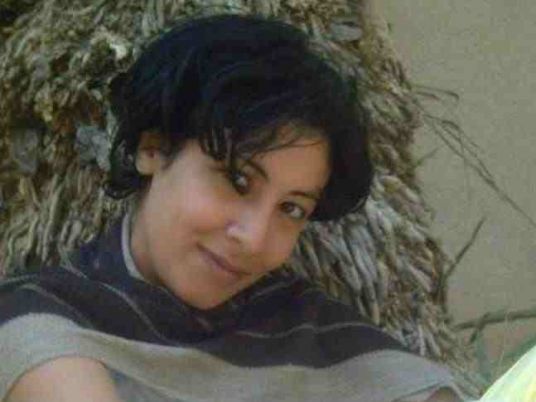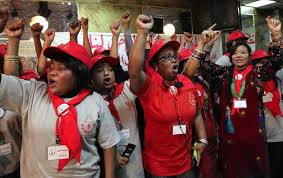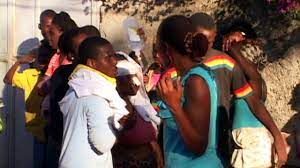
Last weekend in Lille, in northern France, a media sensitive trial ended. The trial came after 4 years of investigation by trial judges. Thirteen people faced charges of “aggravated procuring.” The accused were the usual suspects, pimps, cops, notables, businessmen, and Dominique Strauss Kahn aka DSK.
The trial is now finished; convictions and sentencing will be made public in June. While the pimp and his entourage will certainly be convicted, DSK left the court assured of being cleared, at least from the legal point of view.
The trial incriminated the managers of the Carlton Hotel in Lille who organized business reward sex orgies with the help of pimps, from Belgium, the local bourgeoisie and business men. They admitted that the raison d’être for these parties was DSK, knowing that it was a good way to create a friendly bond with this powerful man. DSK also opened his apartments to these orgies in Paris and in Washington when he was at the IMF.
The civil suit was composed of two former prostitutes, referred to as M and Jade. They sued for the violence they underwent, though the official charge was based on the orgies being paid for. Another former prostitute did not join the civil party although the same story happened to her. She was shipped to Washington in 2010 to please DSK. She was visibly scared and never joined the civil suit.
In France, prostitution is not forbidden but the notion of prostitution is legally blurred, and the status of the prostitute or sex worker is not legally well defined. Procuring is a crime (possible sentence up to five years) as is soliciting passively and actively (possible sentence up to 2 months). Having sex for money with a minor or a qualified “vulnerable” person, such as handicapped people, is forbidden. There is a notion of contract between the client and the prostitute that is tacitly accepted as long as the prostitute is not subordinated as the law says.
These shadowy laws have underserved the women. In Belgium, brothels are permitted. Since Lille is near Brussels, the prostitutes came from a brothel near Brussels run by one of the accused and his wife. The trial exposed the elusive character of the laws in France as well as the hypocritical situation in Belgium and how the accused took advantage of both legislations to plot these parties with minimum legal risks.
While DSK and his friends presented themselves as modern libertines with all the prerogatives that they should enjoy due to their social rank, the pimps were ready to take the brunt for their friend DSK. DSK claimed he had no idea that the women he mistreated were prostitutes. Nobody believed him, and the women said that they knew he knew.
Six prostitutes testified. The preliminary investigation established their degrading conditions of life in the brothel close to Brussels and used the term “carnage” to describe the type of sex that DSK and his friends would demand. The arrogance of DSK and his companions was exemplified by the words they used to describe their activities; they commonly talked about pleasure, pleasant détente, festive parties, and great massages. Their text messages, made public for the trial, alluded to the sex workers as livestock or equipment.
The women told a different story. They talked about their shameful work conditions and the violence that entailed suffering, pain and tears. Jade declared that there is no price that justifies imposing such suffering. She also reflected on how women enter this unwanted “job,” “The common point I observed among all of my companions in misfortune is that they all have been mistreated…. This body has been mistreated as a result we keep this stigma about ourselves…then we come to prostitute ourselves.” The notion of forceful mistreatment was at the center of their testimonies. All of them explained even if they were forced to accept these practices, they still accepted them, which made the case for rape legally feeble.
DSK’s lawyers asserted that their client was a victim of, voyeurism and moral lynching. In their closing arguments, they attacked those in the civil suit, accused them of being manipulated and of reinventing the facts. They trivialized the use of violent sex as part of the libertine life. One defense lawyers described the pain inflicted on his client. He even saw some tears!
At the end the prosecutor, who overtly opposed the work of the trial judges since the beginning, transformed his indictment of DSK into a speech for his defense, thanks to DSK’s large circle of influence.
After three weeks of trial, the Sofitel affair in New York became clearer to many and voices of support for Nafissatou Diallo, the Sofitel Maid who accused DSK of rape, grew louder.
The trial also shed light on the collusion between finance/power and sex.
In Sexus Economicus, the historian Yvonnick Denoel delineates the relationship among politics, business and prostitution/sex around the globalized world. He reveals the code of silence that accompanies financial manipulations of the profit driven market covers up the use of women as business and political contracts’ bonus. Their treatment and well being are the least of everyone’s concerns.
Meanwhile, some from DSK’s political party declared that they should erect a statue to Nafissatou Diallo for her strength and determination. Thanks to her, he did not become President, while she used his money to do good, opening a restaurant where she welcomes immigrants and workers.
From New York, Washington, Paris to Lille, the DSK saga magnifies the story of violence against women that epitomizes the power of patriarchal capitalism over women’s bodies.
(Image Credit: Benoît Peyrucq. AFP / Libération)
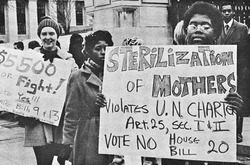
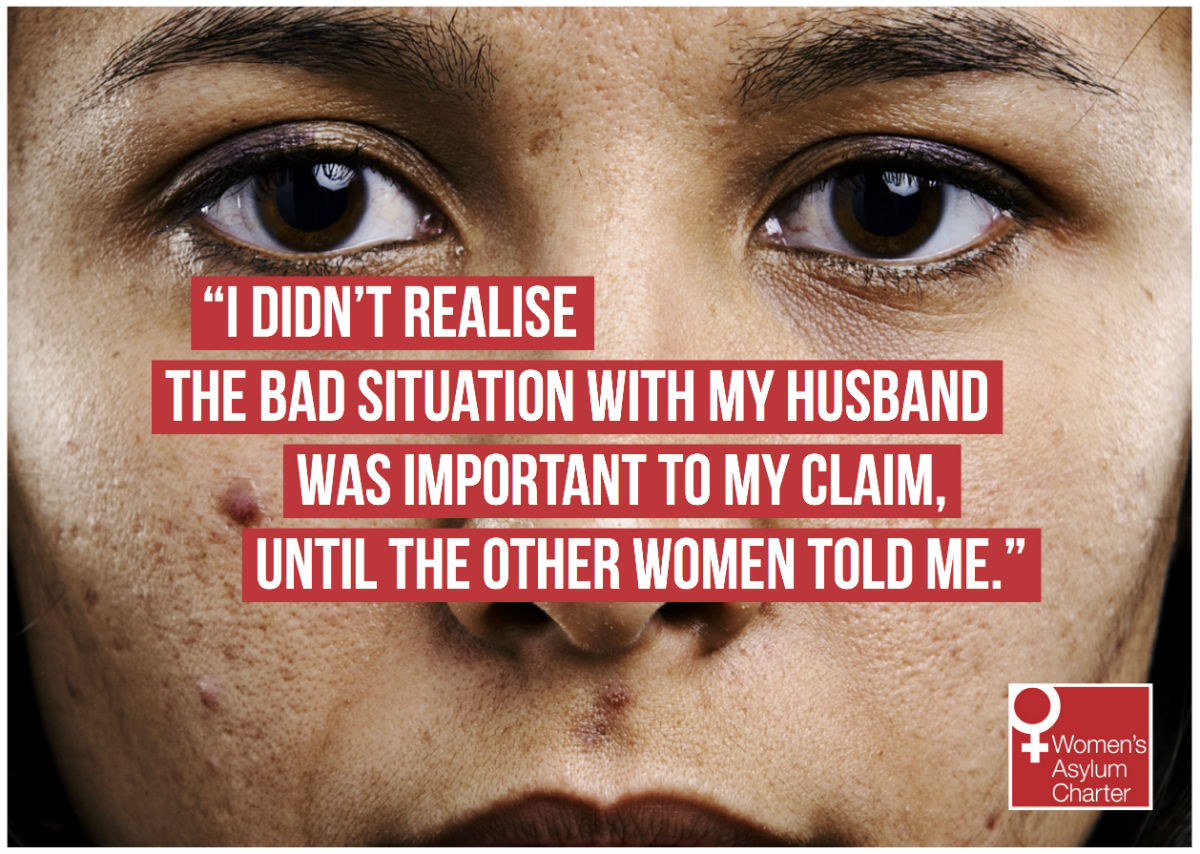
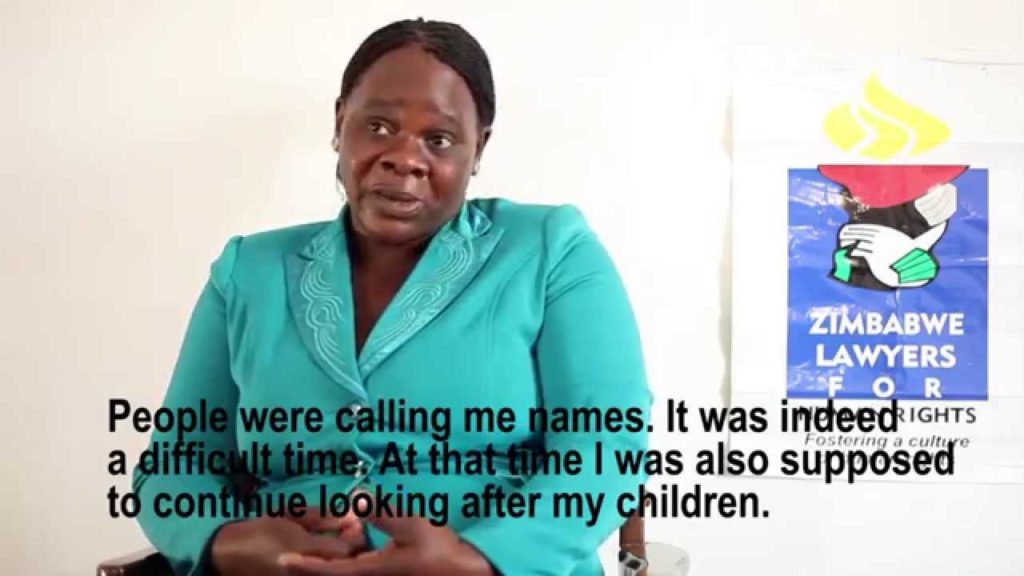
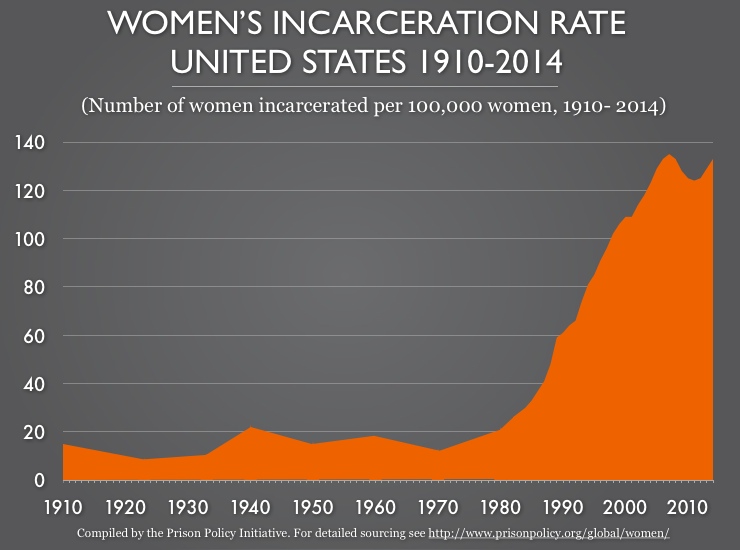
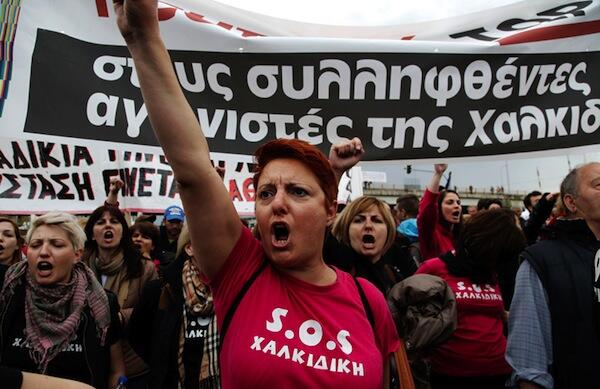
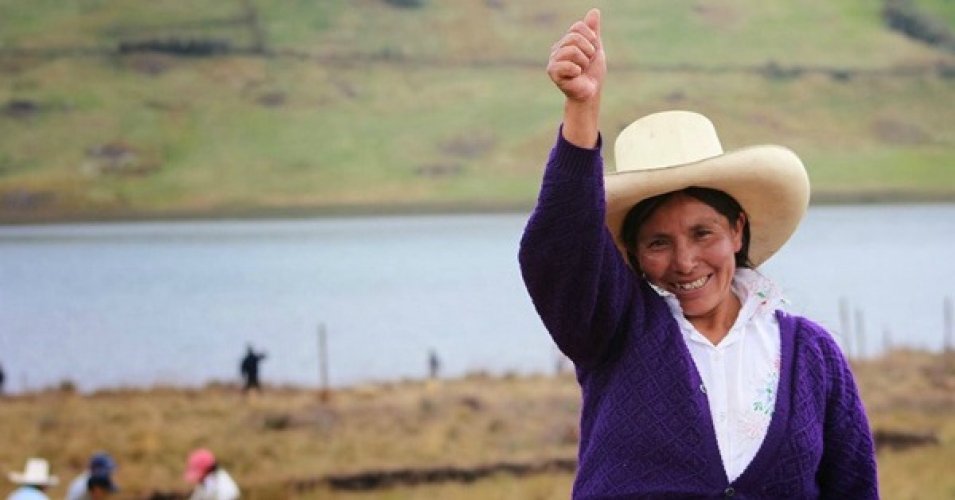
 (Video Credit:
(Video Credit: 